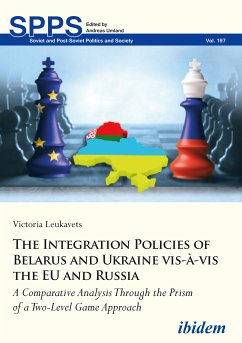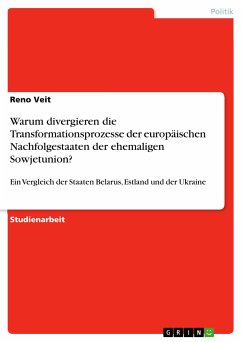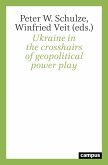The escalating rivalry between the EU and Russia in their shared neighborhood creates important economic, political, and legal challenges for the lands-in-between. Belarus and Ukraine have received proposals of integration from both the EU and Russia. However, the extents to which they accepted these offers differ and result from a multitude of factors as well as their interplay affecting the policy choices of their governments. International integration is a foreign policy question, but it has a strong domestic dimension, too. Explaining various integration stances demands considering a country's foreign and internal affairs. Alla Leukavets applies here Putnam's two-level game-theoretical approach in combination with findings from Europeanization literature and democracy promotion studies. She develops various actor-centered and structural explanatory variables and applies them in the subsequent empirical analysis. Her research results benefit from triangulation through primary documents analysis and semi-structured interviews with elites and experts in Minsk, Moscow, Brussels, and Washington, DC. The book analyses how the simultaneity of European and Eurasian integration challenged the two countries to make a major strategic integration choice. The study sheds light on the reasons for and genesis of the Ukraine Crisis, and on how external actors, such as the EU, can succeed in facilitating domestic reforms in Eastern Partnership countries.
Dieser Download kann aus rechtlichen Gründen nur mit Rechnungsadresse in A, B, BG, CY, CZ, D, DK, EW, E, FIN, F, GR, HR, H, IRL, I, LT, L, LR, M, NL, PL, P, R, S, SLO, SK ausgeliefert werden.









